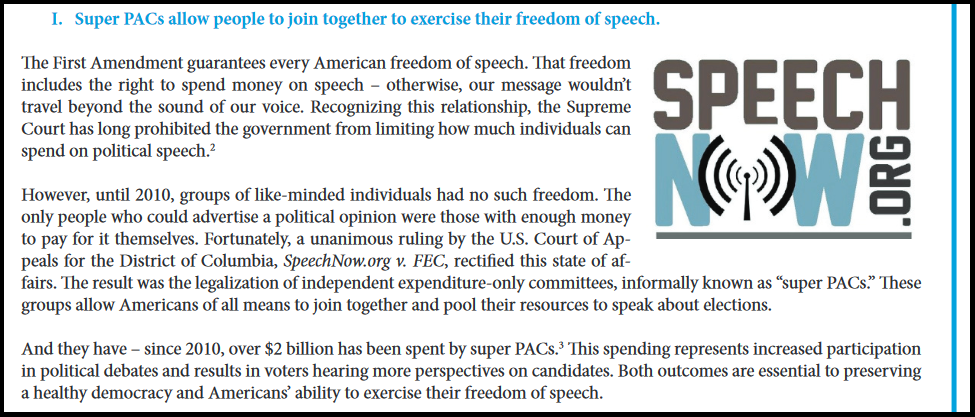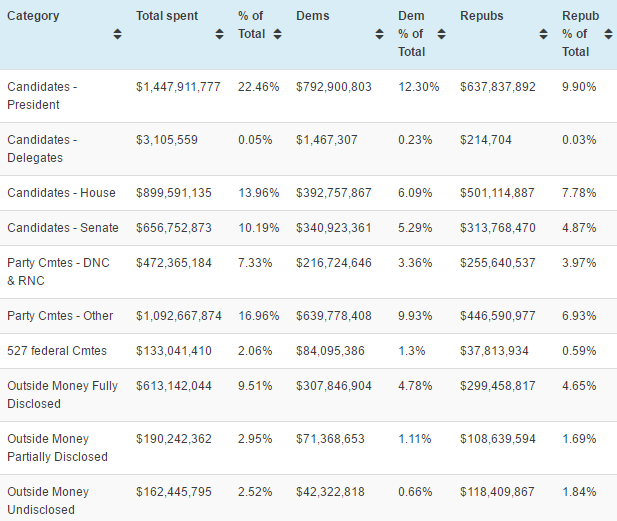Much has been made of the conflicting reports regarding the so-called “Ricketts Plan,” a purported commissioning by billionaire Joe Ricketts, founder of brokerage firm TD Ameritrade, to fund super PAC attack ads detailing new information regarding President Obama and the media’s old friend, The Rev. Jeremiah Wright.
While some media outlets, such as The Daily Beast, have been content to subtly suggest that Ricketts may be hurting his children simply by giving money to help unseat Obama in the November general election (something that feels a little like a veiled threat), others like The Daily Caller have taken the opposite tack and suggested that Ricketts is being targeted for intimidation by Obama and his allies.
Even powerhouses like George Will on ABC’s “This Week” offered some insight in the matter, indicating that, despite the New York Times effort to color it otherwise, Ricketts was simply behaving as a responsible businessman and turning down a proposal that bore little resemblance to the output in which he was originally interested in investing.
“Joe Ricketts didn’t end up repudiating it (the plan). He repudiated it the instant he saw it,” Will said. “He asked through some of his people for someone to produce a plan, but what they got was a plan that ignored what he’s interested in and went after Reverend Wright and all this other stuff. Ricketts took one look at it and said ‘no.’”
“Now, The New York Times — that didn’t fit their narrative, ‘billionaire behaving responsibly,’” Will added. ”So they said ‘he’s studying it, they have commissioned this.’ They’ve neglected the whole fact which was that this is a small story with a nice ending, which is a responsible affluent man said no.”
Here at CCP, given our interest in all things nestled at the corner of free speech and campaign finance, we respect the effort that each of these outlets and their thinkers have undertaken to shed light on what is increasingly a major question this election year: just what is the influence, good or bad, of big money on campaigns. But, as our President David Keating makes clear in this piece from Politico, the story here is not when Ricketts bowed out of funding these now never-produced ads, or even if his billions make him a target from the side he opposes. The real issue here is what all this means in terms of the much-maligned super PACs and the growing power of the grassroots group willing to put something out that will be sexy enough to make the media slide it into regular rotation as the shocking story of the week:
“There’s been all this critique of super PACs — ‘there’s too much coordination, they’re just arms of the campaigns,’” said David Keating, president of the Center for Competitive Politics, which opposes restrictions on political spending. “In a lot of cases, these independent groups do things the campaigns don’t want them to do. They’re often seen as loose cannons and there isn’t even a lot of gratitude for what they’re doing.”
Keating, a former executive director of the Club for Growth, said the greatest threat to campaigns and party committees might not come from a heavily funded super PAC like the Ricketts outfit.
The take-away here is simple: not all super PACs are heavily funded and those with smaller bank accounts may be just as effective in getting their messages across. Just something to keep in mind as the attacks start rolling in earnest and the spin machine hits the fast and final cycle.














